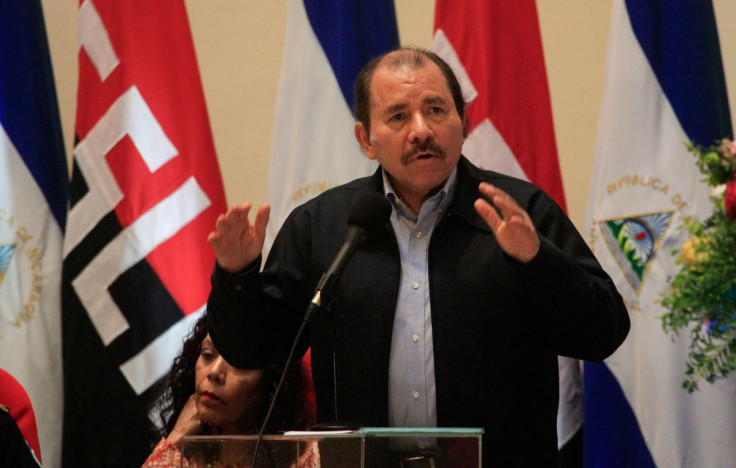
A recent study has revealed that 50% of Nicaragua's population was willing to leave the country due to a repressive government and economic decline.
The study, titled "The Pulse of Democracy in the Americas" by AmericasBarometer, said half of Nicaragua's 6.2 million population wanted to migrate to other countries.
The director of AmericasBarometer, Elizabeth Zechmeister said a major chunk of the population had "already taken concrete steps to try to get out," AP News reported Thursday, revealing that 23% of the population said they were "very prepared" to emigrate.
In the last five years, the percentage of Nicaraguans willing to move out of the country has increased from 35% to almost 50%.
The Daniel Ortega administration has shut down at least 26 universities, which were accused by the president of revolting against the government, failing to register, or pay taxes. Furthermore, the government was also responsible for shutting down more than 3,000 civic groups and non-governmental organizations.
Isabel Lazo, a former University of Northern Nicaragua teacher, said she and her husband were living without jobs despite having graduated and master's degrees. Lazo and her 52-year-old husband Guillermo used to teach at the university until the government shut it down in April.
The Ortega-led administration also shut down the Nicaraguan Red Cross in May after accusing it of "attacks on peace and stability," as the service helped injured protesters during anti-government demonstrations in 2018.
Rosemary Miranda, a 24-year-old psychologist who graduated from the Jesuit-run University of Central America, also said she wanted to leave the country.
Miranda explained that she worked for a microfinancing firm in the capital of the country, Managua, but earned only $402 per month, which didn't even help her cover her travel, food and clothing costs.
"In this country, the majority of people work just to eat. They can't buy clothing or shoes without waiting a month between purchases," she said. "The situation here is very difficult. Every month the price of food, electricity, water and transportation rises."
Last month, the U.S. State Department slammed Nicaragua for leaving the Organization of American States, adding this took the Central American country another step away from democracy.
© 2025 Latin Times. All rights reserved. Do not reproduce without permission.







